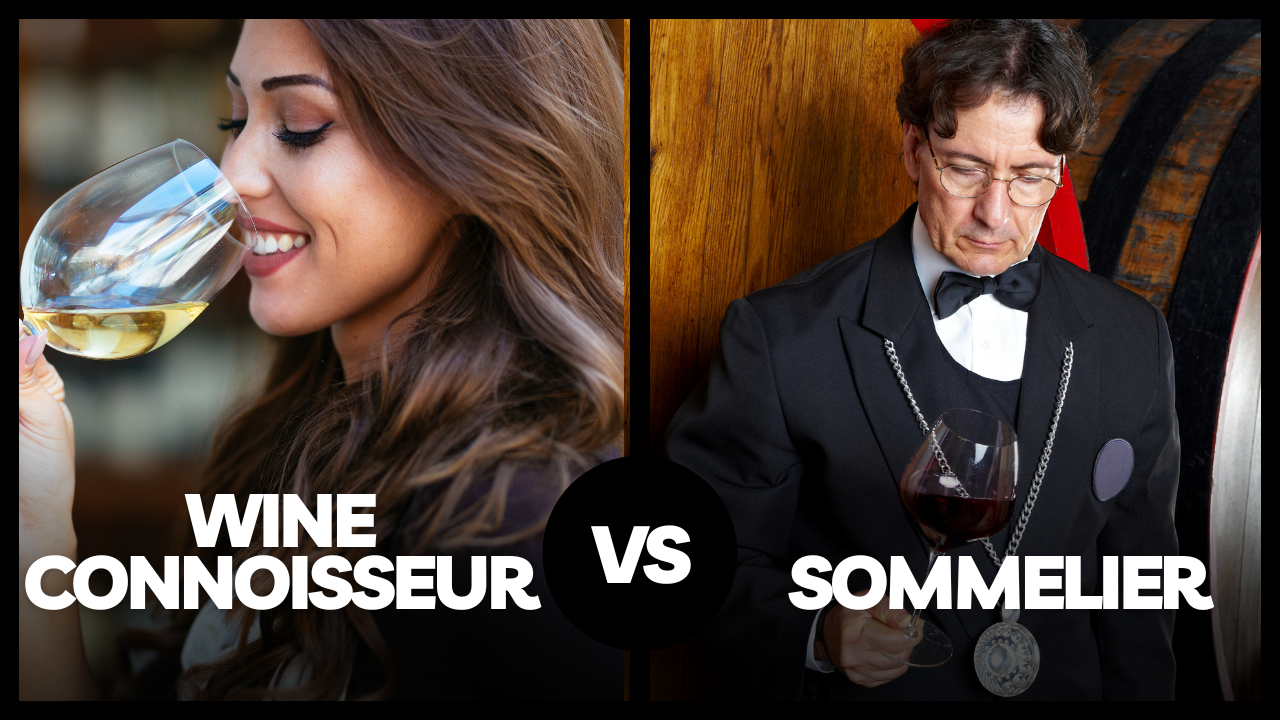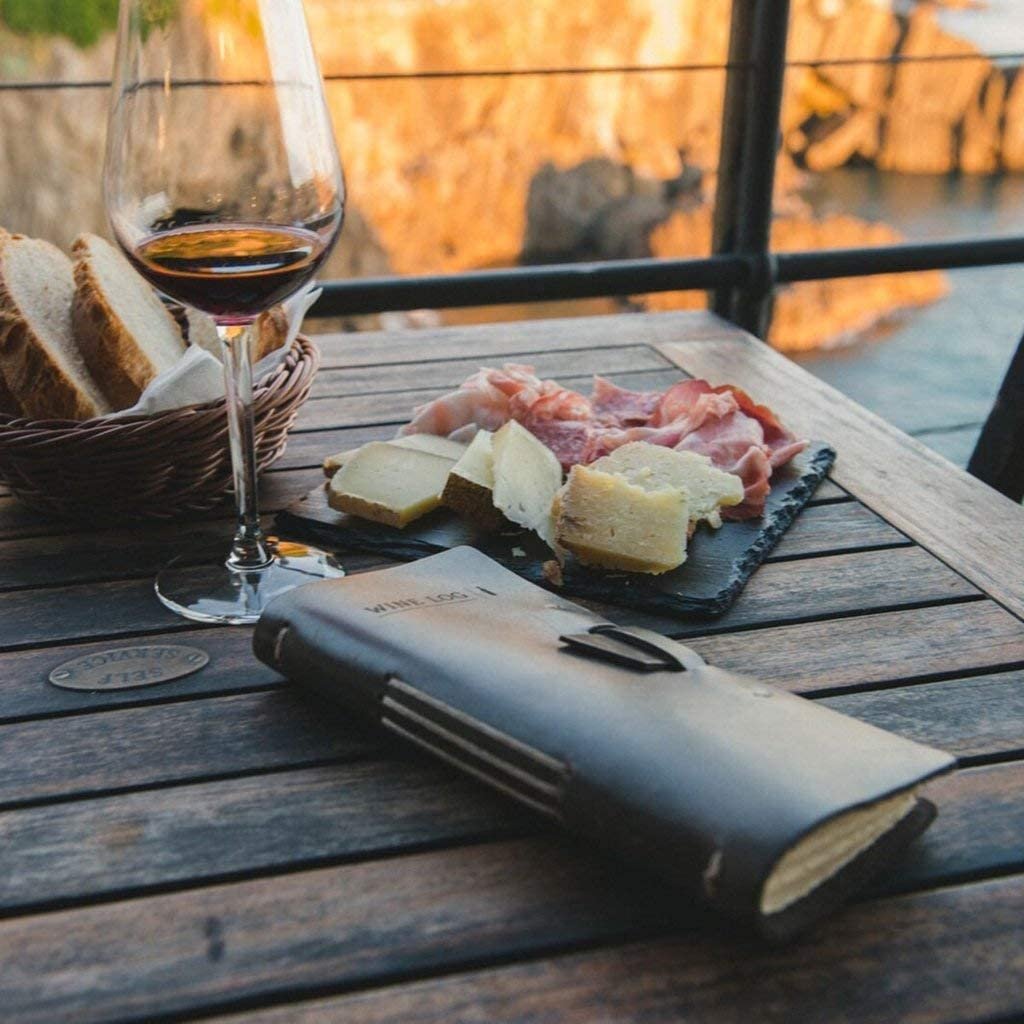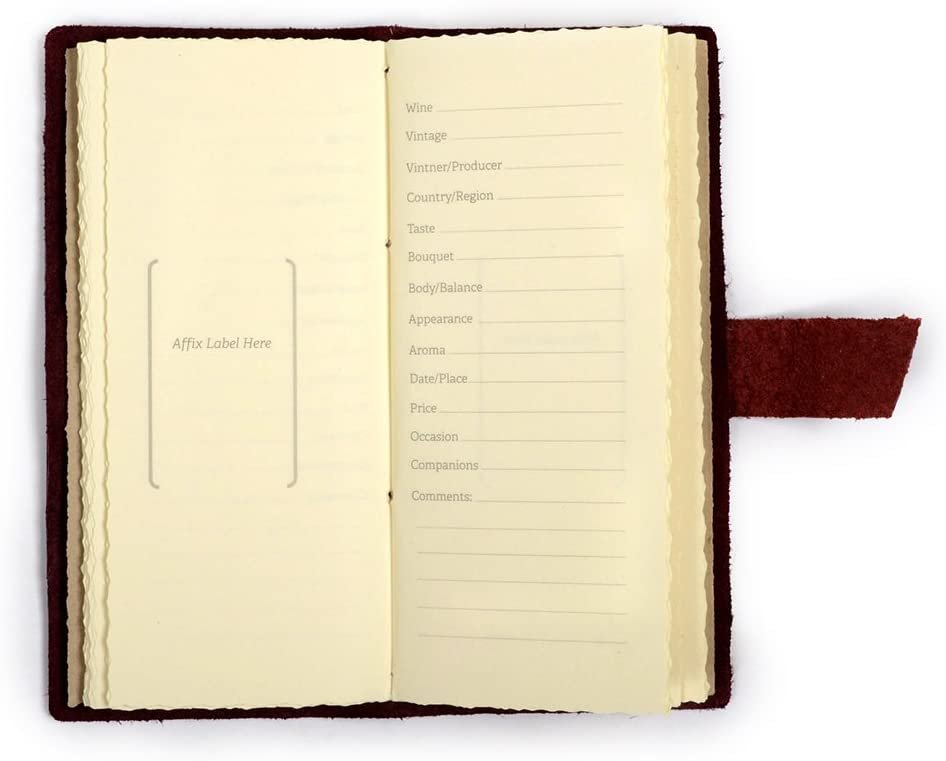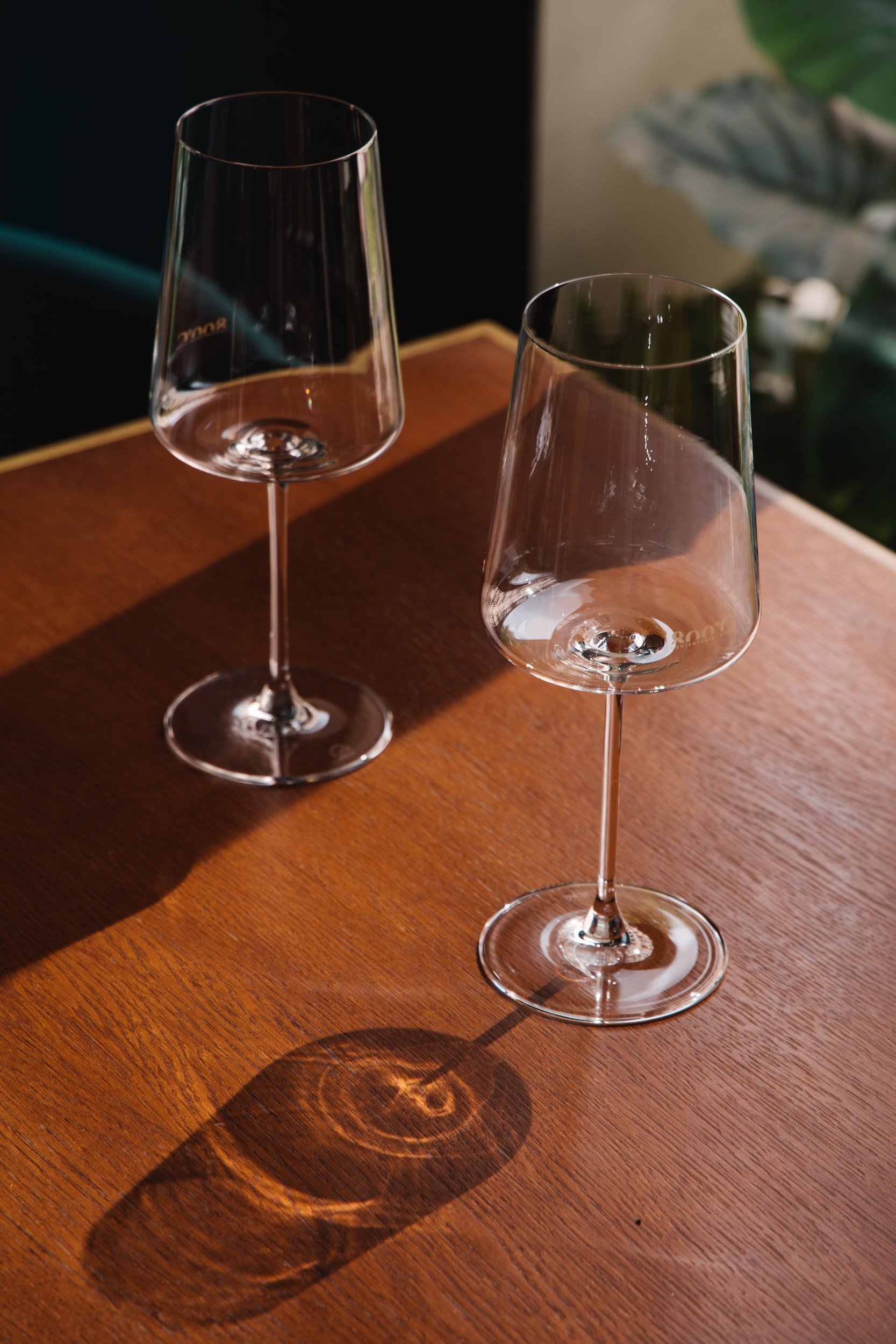What is the Difference Between a Wine Connoisseur and a Sommelier?
If you're a wine lover, chances are you've heard the terms "wine connoisseur" and "sommelier" thrown around. But what exactly is the difference between these two?
Understanding the nuances of each profession will help you better appreciate the world of wine. We will also share with you how to be a wine connoisseur.
So let's take a look!
What is a Wine Connoisseur?
A wine connoisseur has extensive knowledge of wines and can taste them effectively. They appreciate the subtle flavors, aromas, and textures that make up different wines. A wine connoisseur might be an amateur enthusiast or someone dedicated to studying and tasting wines worldwide.
Here are some key characteristics of a wine connoisseur:
Knowledgeable: A wine connoisseur is well-versed in the different types of wine, regions, grape varieties, and wine-making techniques. They know how to identify different flavors and aromas in wine and can discuss the wine's characteristics in detail.
Experienced: A wine connoisseur has tasted a wide range of wines and has a broad understanding of different styles of wine and regions.
Passionate: A wine connoisseur has a genuine interest and enthusiasm for wine and is always eager to learn more about it.
Skilled: A wine connoisseur can properly taste and evaluate wine and pair it with food.
Open-minded: A wine connoisseur is willing to try new and different wines and is not stuck in their ways.
Keeps a wine journal: A wine connoisseur records his tasting notes, the wines he's tried, and his impressions in a wine journal; it's a great way to remember what they've tasted and track their progress.
Attends wine events: Wine connoisseurs will attend wine tastings, festivals, and other events to expand their knowledge and try new wines.
Educates themselves: Wine connoisseurs read books, take online courses, or attend wine classes to gain a deeper understanding of the subject.
Respectful of other'’ tastes: A wine connoisseur is open to other people's opinions and respects their preferences, even if they differ.
Patient: A wine connoisseur understands that becoming a wine expert is a lifelong journey and doesn't rush it.
Here are some quotes about wine connoisseurship for you to consider.
Wine is one of the most civilized things in the world and one of the most natural things of the world that has been brought to the greatest perfection, and it offers a greater range for enjoyment and appreciation than, possibly, any other purely sensory thing.
Wine is a bottle of history. A wine connoisseur is someone who can read that history and appreciate it
Being a wine connoisseur is not about impressing others with your knowledge, it's about expanding your own appreciation and enjoyment of wine.
Being a wine connoisseur is not about being a snob, it's about being a lover of one of the most beautiful and complex creations of nature.
In another blog, we wrote about the 7 habits of a wine connoisseur.
Please click here if you'd like to read it.
What is a Sommelier?
A sommelier, on the other hand, is someone who specializes in pairing food with wine. They understand how different wines can pair with various dishes to create unique flavor combinations. A sommelier also knows about vintage years for specific wines and which producers specialize in certain types of grape varieties or regions. As a result, they can recommend distinctive wines that will go well with particular dishes at restaurants or events.
Please click here if you would like to know more about sommeliers.
Difference Between a Wine Connoisseur and Sommelier
Both are wine specialists, but there are some key distinctions. A wine connoisseur is simply someone who loves wine and knows a lot about it. They may have extensive knowledge of wine regions, grape varieties, and winemaking practices, but they don't necessarily work in the wine industry. On the other hand, a sommelier is a professional who works with wine in hospitality. In addition to having in-depth knowledge of wine, they also know how to pair wine with food, store and serve wine, and open wine bottles. Sommeliers typically work in restaurants but can also be found in wine shops and other retail establishments.
Wine Connoisseur VS Sommelier
A wine connoisseur knows a great deal about wine and can often identify different types of wines by taste and smell. On the other hand, a sommelier is a trained professional who works in the hospitality industry and is responsible for selecting, ordering, and serving wine.
While both wine connoisseurs and sommeliers have a deep knowledge of wine, sommeliers are required to have formal training in addition to their extensive knowledge. Sommeliers must also be able to store and serve wine and pair it with food properly.
Wine connoisseurs typically develop their knowledge through personal experience and tasting, while sommeliers receive training from accredited programs. This training often includes coursework in viticulture (the study of grapes) and enology (the study of winemaking).
There are several professional organizations for sommeliers, such as the Court of Master Sommeliers and the American Sommelier Association. These organizations offer certification programs that test a sommelier's knowledge and skills. There is no such thing as a "certified wine connoisseur"; however, many wine enthusiasts choose to take courses or attend seminars to learn more about wine.
In general, sommeliers are employed by restaurants, hotels, or other businesses in the hospitality industry. Wine connoisseurs may also work in these industries, but they are just as likely to be hobbyists who enjoy learning about and tasting wine.
Become A Wine Connoisseur
Becoming a wine connoisseur requires a combination of education and experience. Here are a few steps you can take to develop your wine knowledge and skills
Educate yourself: Learn about wine regions, grape varieties, and wine-making techniques. Read books, take online courses, or attend wine classes to gain a deeper understanding of the subject.
Taste as many wines as possible: The more wines you taste, the better your palate will identify different flavors and aromas. Try wines from different regions and grape varieties to expand your knowledge and experience.
Keep a wine journal: Use a wine journal to record your tasting notes, the wines you've tried, and your impressions of them. This will help you to remember what you've tasted, and you can refer back to it to track your progress.
A wine journal is essential for tracking progress and recording tasting notes. The Handmade Leather Wine Dossier/Log Book on Amazon is perfect for wine connoisseurs looking to elevate their wine experience. Its templated pages, leather cover, and high-quality paper make it elegant and durable.
Get yours now on Amazon and take your wine journey to the next level!
Conclusion: With so many different types of wines, understanding the difference between a wine connoisseur and a sommelier can help you better appreciate these beautiful drinks. Whether you are an amateur enthusiast or a professional expert looking for guidance regarding your favorite beverage, understanding these two roles will ensure that your appreciation for wine reaches its fullest potential!









